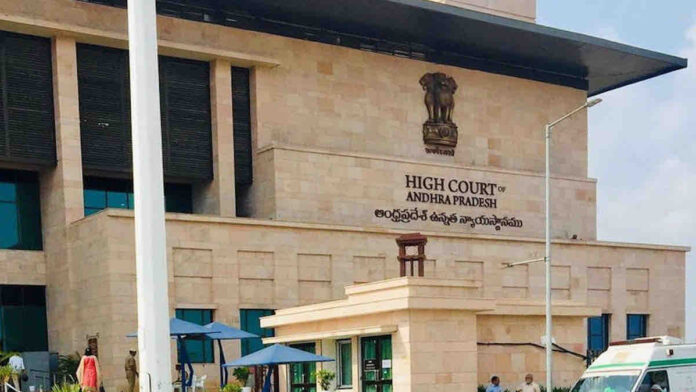The Andhra Pradesh High Court, in Akkala Rami Reddy v. State of Andhra Pradesh, quashed criminal proceedings under the SC/ST (Prevention of Atrocities) Act, 1989, against the accused, ruling that the complainant, being a practising Christian and a Pastor, could not invoke the protective provisions of the Act. Justice Harinath N. held that conversion to
To Read More Please Subscribe to VIP Membership for Unlimited Access to All the Articles, Download Available Copies of Judgments/Order, Acess to Central/State Bare Acts, Advertisement Free Content, Access to More than 4000 Legal Drafts( Readymade Editable Formats of Suits, Petitions, Writs, Legal Notices, Divorce Petitions, 138 Notices, Bail Applications etc.) in Hindi and English.




